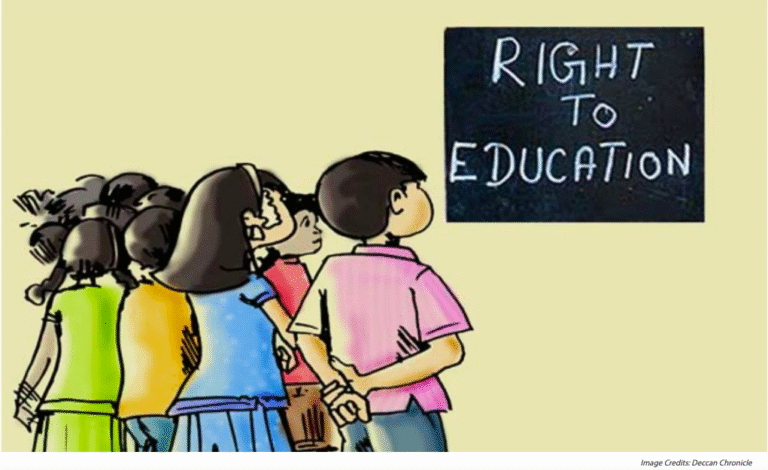
AIIMS director Randeep Guleria has said vaccination is the way out of the coronavirus pandemic as he gave a timeline for the availability of jabs for children against Covid-19, which so far has not affected them in a big way. Guleria acknowledged that children have lost on learning out as schools have remained shuttered in the last one-and-half years because of the pandemic. “Schools have to be reopened and vaccination can play an important role in that,” the senior doctor was quoted as saying by news agency PTI.
The chief of India’s premier All Indian Institute of Medical Sciences said that making the Covid-19 vaccine available for children will be a milestone achievement and pave the way for the reopening of schools and resumption of outdoor activities for them.
Guleria also said vaccines could be available for children in India around September when data from Phase two and three trials of Bharat Biotech’s Covaxin on those in the age group of two to 18 years is expected. The Covid-19 vaccine could be given to children after the Drugs Controller General of India’s (DGCI’s) approval, Dr Guleria said. “If the Pfizer vaccine gets approval before that, then it can also be an option for children,” Dr Guleria told PTI on Saturday.
The news agency cited a senior government official as saying that Zydus Cadila is may also soon apply to the Drugs Controller General of India (DGCI) for emergency use authorisation for its Covid-19 vaccine, ZyCoV-D, which it claims can be given to both adults and children. “So, if the Zydus vaccine gets approval, it will be another option,” Dr Guleria said.
NITI Aayog member (health) Dr VK Paul said earlier this month that along with Bharat Biotech’s Covaxin, Zydus Cadila’s jab is also being tested on children. “Child cohort is not a small one. My rough guess is that if it is between 12 to 18 years, this itself is about 13 to 14 crore population for which we will need about 25-26 crore doses. We cannot have some people getting and others not getting. So we will have to take this into account when we strategize and make a decision based on how many doses of which vaccines are available,” Paul said.
He further shared that not only Bharat Biotech’s Covaxin, Zydus Cadila’s vaccine is also being tested on children.
“So when Zydus comes for licensure soon, maybe we have enough data to take a view on whether the vaccine can be given in children,” Paul said.
Only Pfizer’s vaccine is approved for use in children across the world.
Several experts have said that children will be affected the most in a possible third wave of the pandemic. A State Bank of India (SBI) research document has also said that children could be the next vulnerable group in the third wave, which could be as severe as the second and last for an average duration of 98 days. In its five-page report, SBI said the impact of any possible third wave of the pandemic could be significantly minimised by rigorous vaccination and providing better health infrastructure.
“So vaccination should be the key priority, especially for the children who could be the next vulnerable group. With around 15-17 crore children in the 12-18 age bracket, India should go for an advanced procurement strategy like that adopted by developed nations to inoculate this age group,” the SBI report said.
However, the apprehension that children will be more affected or have greater illness severity in the possible third wave has been dismissed. The government has said that even though Covid-19 has not impacted children greatly so far but if the coronavirus’ behaviour changes or there are shifts in epidemiology dynamics they are likely to be affected. It has formed a national expert group formed to review Covid-19 among children and approach the pandemic in a new way and reinforce the nation’s preparedness for it.
Source:HindustanTimes



